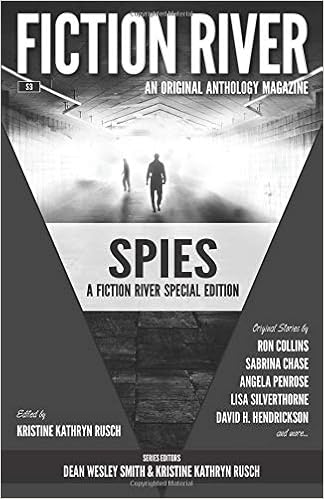 "My Companion," by Janice Law, in Ellery Queen's Mystery Magazine,May/June 2019.
"My Companion," by Janice Law, in Ellery Queen's Mystery Magazine,May/June 2019.Before we get to the main event, I want to point something out. This issue contains a story by William Burton McCormick The introductory note points out that McCormick "made the SleuthSayers list for Best Short Stories of the Year in 2016." I believe that is the first time an editor made note in writing of my annual best fest. Nice to be noticed.
This is the sixth appearance here by my friend and fellow SleuthSayer.
Jess is a poor little rich girl. What she really wants is a puppy but her very busy parents say a real dog is too much trouble, so they get her a fake canine from a company called My Companions.
Mom explains: "My Companion has a repertoire of phrases that come loaded, but the neat thing, Jess, is that this toy learns. As you talk to it, it learns and responds! Now, isn't that better than a puppy?"
Meh. But after a particularly bad day at school Jess talks to the fake dog whom she names Piper.
And Piper talks back. Sure enough, his personality does develop. In particular, he takes a deep interest in Daddy's collection of fine and expensive art...
Jess is lonely and depressed but she isn't dumb. She sees what is going on, but what should she do about it? A haunting little tale.


